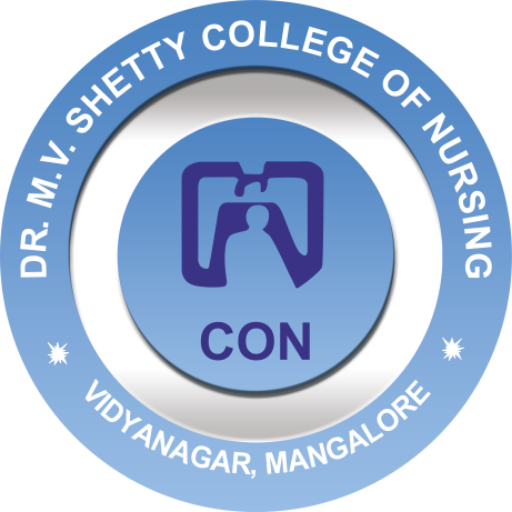Classroom Teaching: Start your career as a classroom teacher, educating and inspiring students at the primary, secondary, or higher secondary levels. Develop your pedagogical skills, classroom management, and subject expertise to create a positive and impactful learning environment.
Educational Administration: Transition into educational leadership roles, such as school principal, vice-principal, or department head. In these positions, you can contribute to shaping school policies, curriculum development, and fostering a positive school culture.
Curriculum Development: Explore opportunities in designing and developing educational curricula. Work with educational institutions, textbook publishers, or educational technology companies to create engaging and effective learning materials.
Educational Consulting: Provide consultancy services to schools, educational institutions, or government bodies. Offer expertise in areas such as curriculum planning, teacher training, and educational program evaluation to enhance the quality of education.
Education Technology Integration: Combine your teaching skills with technology by exploring roles in education technology. Work as an instructional designer, e-learning developer, or educational technology specialist to integrate innovative tools and platforms into the learning experience.
Special Education: Specialize in special education to support students with diverse learning needs. Work in inclusive classrooms, resource rooms, or special education centers, providing tailored instruction and support for students with disabilities.
Adult and Continuing Education: Pursue a career in adult education, offering courses and programs for adult learners. Work in community colleges, vocational training centers, or corporate training programs to facilitate lifelong learning.
Educational Research: Contribute to the field of education through research. Work as an educational researcher, conducting studies on teaching methodologies, learning outcomes, and educational policies to inform improvements in the education system.
Career Counseling: Guide students in making informed career decisions. Work as a career counselor in schools, colleges, or career development centers, helping individuals explore career options and develop a plan for their future.
International Education: Explore opportunities in international education by working with educational organizations, NGOs, or government agencies involved in global education initiatives. Contribute to cross-cultural understanding and collaboration in education.
Nonprofit and NGOs: Engage in educational initiatives with nonprofit organizations and NGOs. Contribute to projects focused on education access, literacy programs, and community development to make a positive impact on society.
Educational Policy Analysis: Enter the realm of educational policy analysis and advocacy. Work with government agencies, think tanks, or advocacy groups to influence policies that address systemic issues in education, such as equity, access, and quality.

